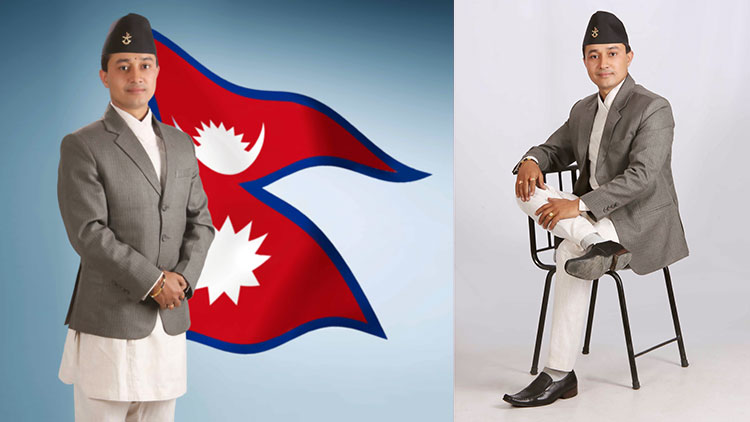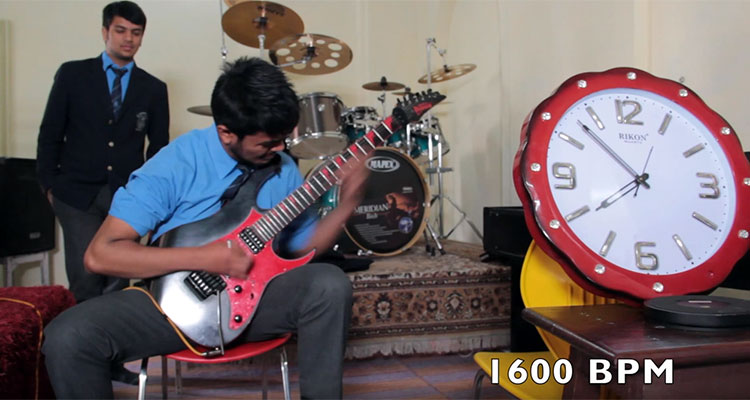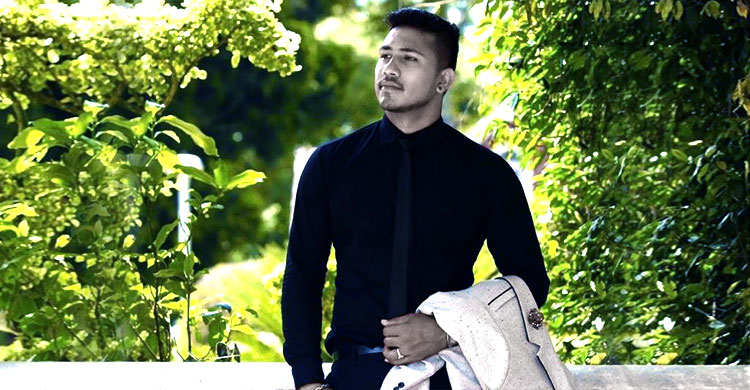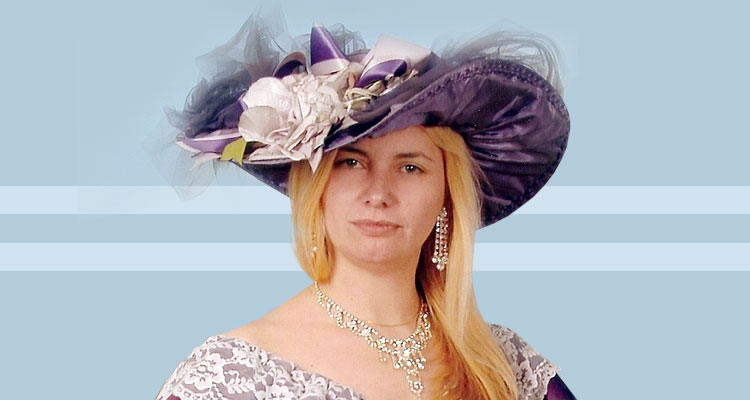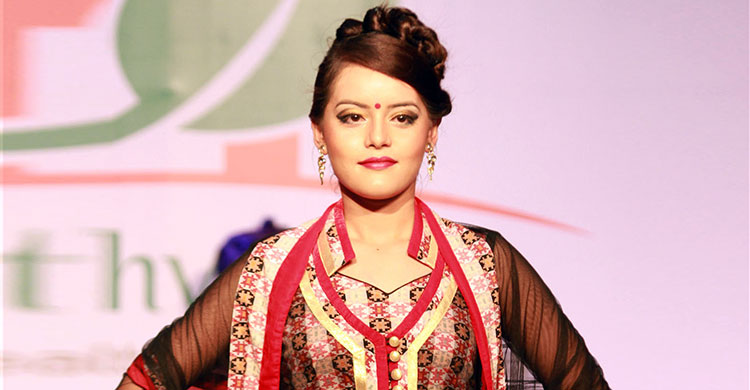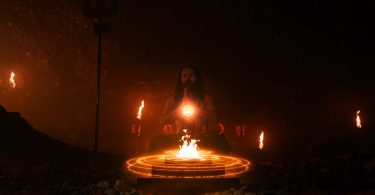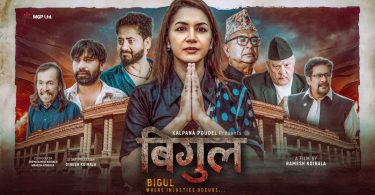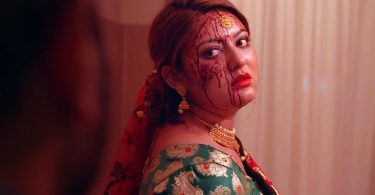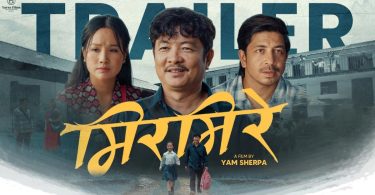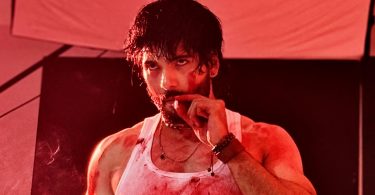 We presently know Sushil Nepal as the man behind radio and television programs including Image Pop, Top of The Pops, Sulok Show, Clap Board, Music of Your Choice and Reel among others that became popular under his capacity of Senior Producer and Presenter over these years. Parikrama Rai got candid with him to know how he perceives his experiences then and now.
We presently know Sushil Nepal as the man behind radio and television programs including Image Pop, Top of The Pops, Sulok Show, Clap Board, Music of Your Choice and Reel among others that became popular under his capacity of Senior Producer and Presenter over these years. Parikrama Rai got candid with him to know how he perceives his experiences then and now.
How competitive was it for you to get your first job? Was that your ultimate aim?
It was not my aim to be a Television Program Presenter and getting it was not competitive at all. Besides my own academic qualifications, neither I had received other trainings nor a degree, related to journalism. I experienced in television media. From my cousin, I came to know about a vacancy in Image Channel for the position of Assistant Producer so I landed on the job without tough competition. Learning all the functions of media departments, it was easy for me to work as a Video Jockey as well.
Did you struggle much after getting the job?
To be a prominent figure in this field, it was a challenge. Since I was already working as Assistant Producer, I knew how things work so I did not require too much struggling. Back then, Nepal Television was standalone media house that preferred mature contents and presenters. Taking up such shows were regarded risky but the concept changed and preppy programs started to get in demand. Since Image Channel was seeking for a presenter who fulfills such requirements, I was noticed. Such program concepts matched my personality and I got an opportunity to present myself as a Video Jockey.
How did people take that?
Audience and of course, management team realized that young presenters can actually do well and with this belief, I got more opportunities.
Is it competitive today? Why?
Yes, it is because there are many media houses, including print, broadcast and the web. Everyone is doing their best and to be outstanding, one has to do a lot of hard work. Without this, one lags behind.
How did you feel that your work was different than others?
After working for few months, on a concert day, I realized that I had gained a celebrity status when a gang of young people came to me and asked for autographs and insisted me to take pictures with them. That moment is the most memorable of all.
What is the proudest moment of your career?
In June 2001, after the Royal Massacre happened, media team from Image Channel was assigned to make a report on the cremation of the royal family members. Whilst other people were negotiating every inch against each other in the mass mob to get closer at the crematorium, I was allowed toenter without difficulty. That moment made me appreciate the value of my job.
What changes in the Nepalese Entertainment business have you discovered now?
The media sector has progressed a lot in technical aspects. Now, we have better equipment’s and network systems. On the other hand, it was easier to win the hearts of the audience but now, the audience is more aware about the world around them and is more intellectual than television presenters and thus, it has become more difficult to please the audience. Media personalities have to work harder, now.
Which is preferable and relaxing-working on- screen and off-screen?
Working on-screen as a presenter or emcee makes an individual feel that s/he is the most noticeable person in the studio and gives a good feeling because everyone loves for being noticed and appreciated. Working on screen has more burdens because everyone’s eyes are over you and even if others in the studio makes mistake, blame is likely to come on the presenter. So, in this case, working behind the screen is more relaxing.
What should we learn from international channels?
We should learn technical improvements occurring in international media and yes, we should also learn to choose perfect presenters for programs according to its nature.
You’ve worked with the international productions too? What are the differences between our work cultures?
The nature and system of working here and there is totally different. In Nepalese media, one has to work as a director, producer, creative head, presenter, editor and others. But in international media, everyone has their respective responsibilities and when those experts bring their ideas together and discuss on it, they are obviously likely to produce a show worthy of note.
To get a hold in this business, what are your sacrifices so far?
Initially, I couldn’t give much time to my family and after I gained my celebrity status, my life wasn’t as private as I wanted it to be. I am not regretting because the sacrifices were well worth the achievement.
Source: WAVE Magazine

